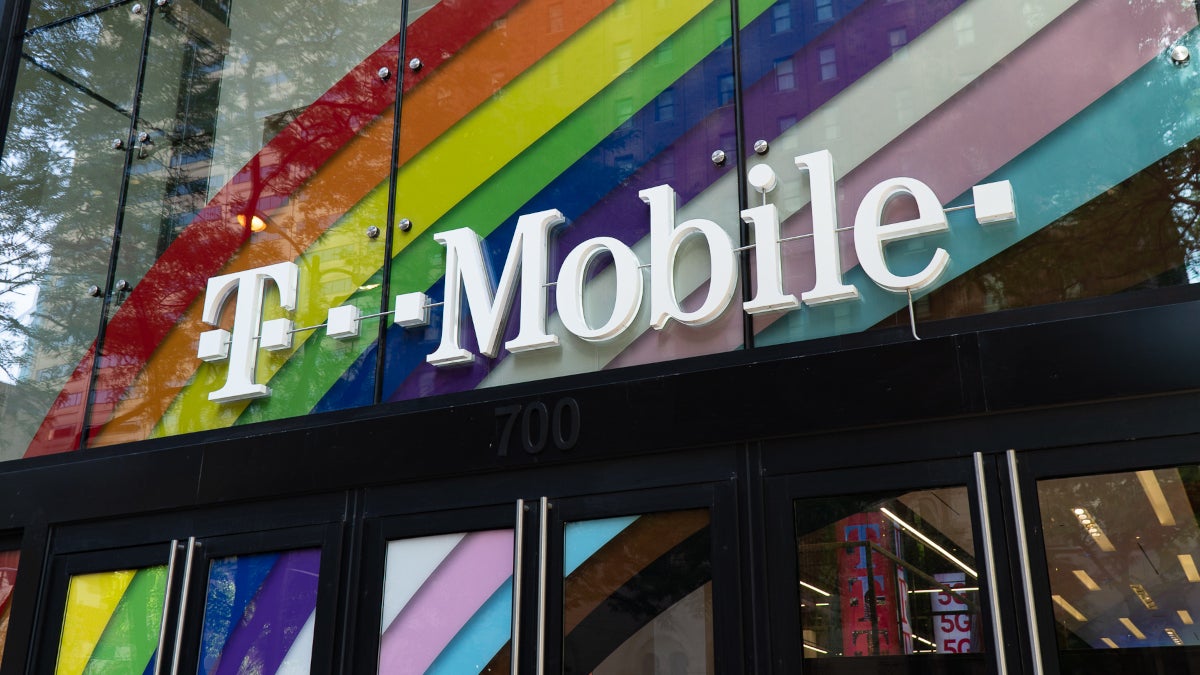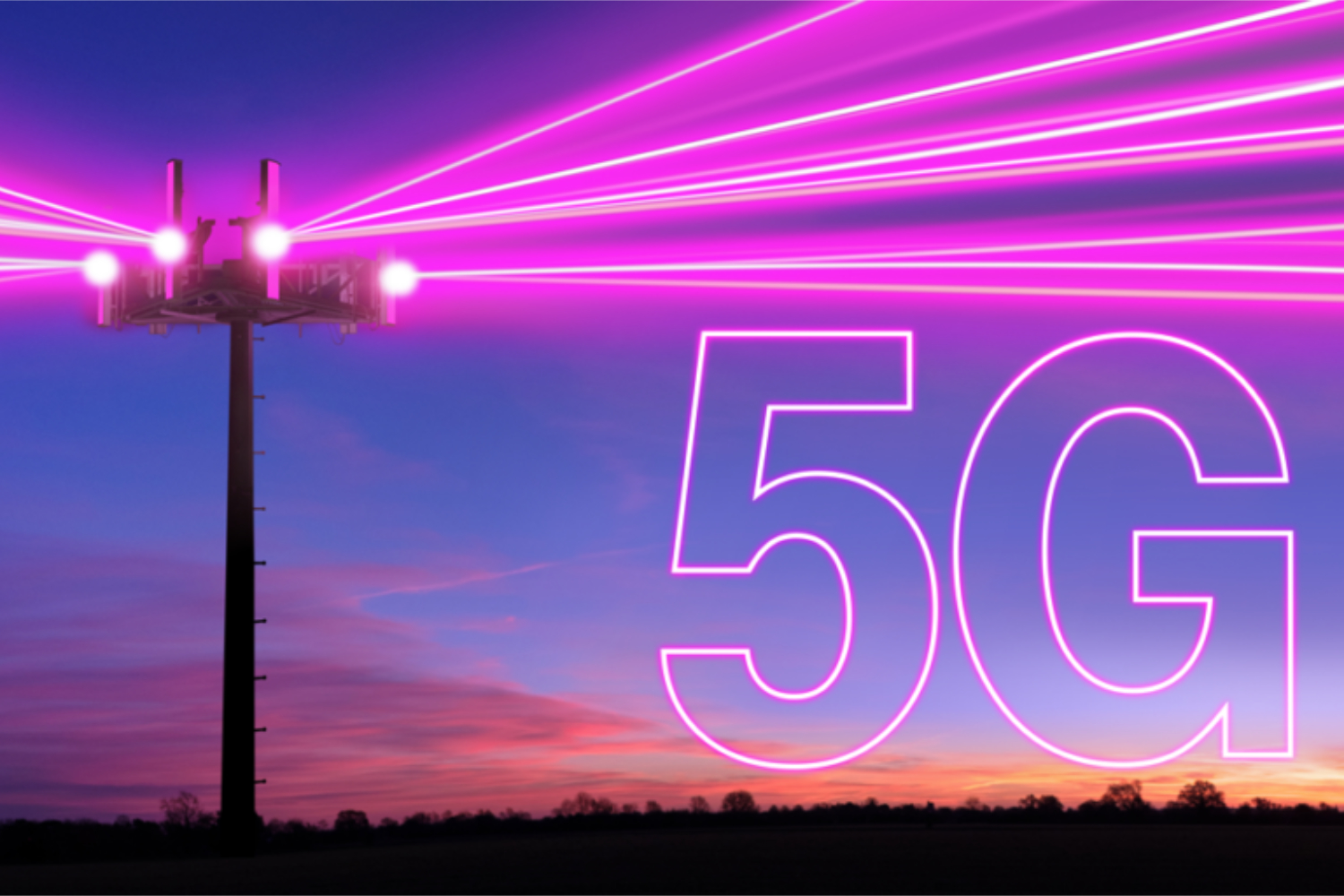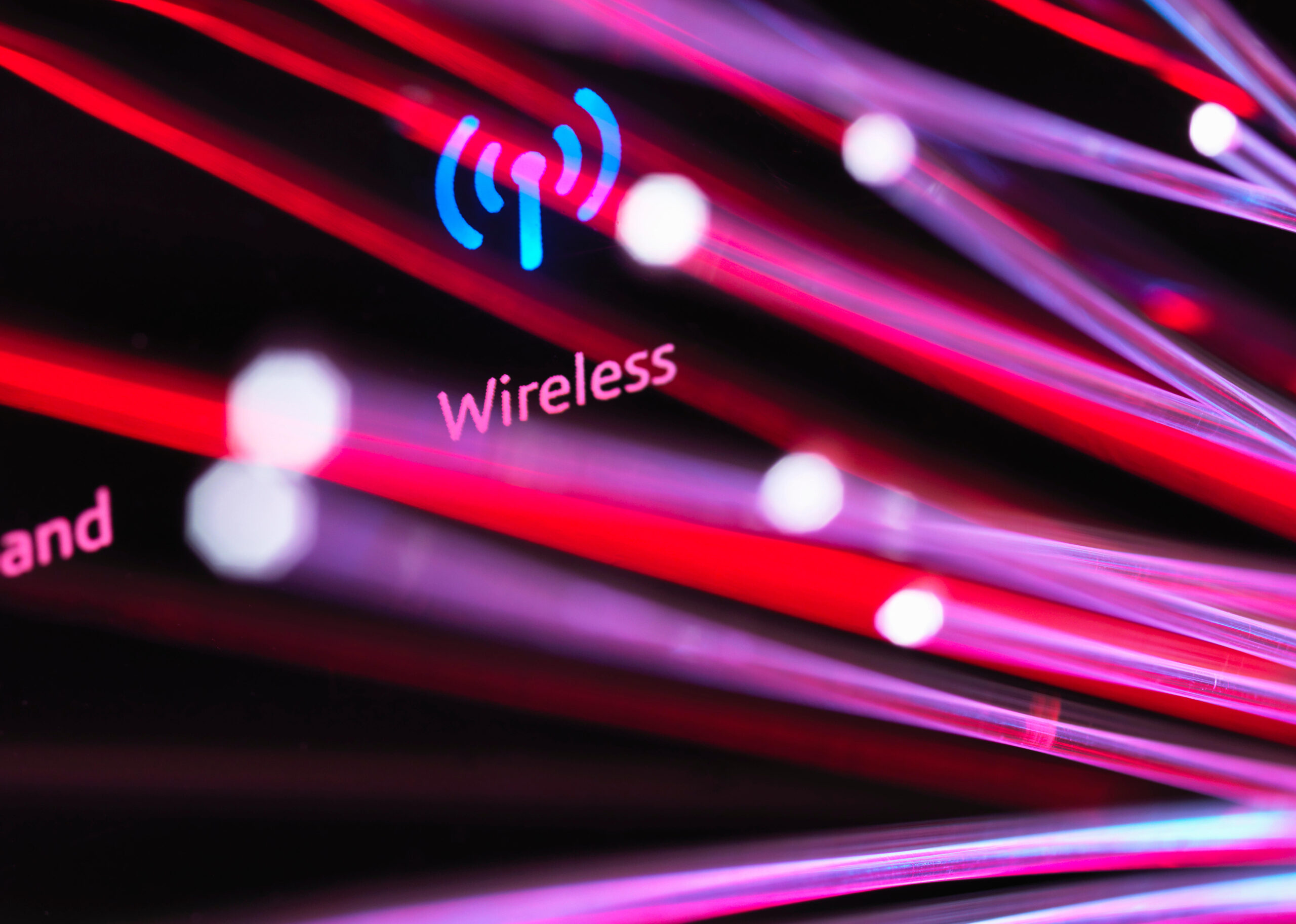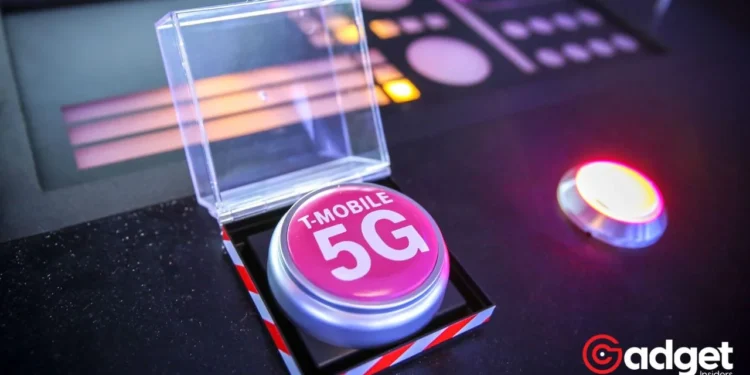In a landmark decision that underscores the dynamic shifts within the telecommunications landscape, T-Mobile has emerged victorious in securing a significant portion of the 5G spectrum, despite AT&T’s fervent objections. This development not only signifies a pivotal moment for T-Mobile but also sets the stage for enhanced 5G connectivity across the United States, particularly in rural areas.
As the Federal Communications Commission (FCC) greenlights T-Mobile’s spectrum acquisitions with minimal concessions, the implications for the industry and consumers alike are profound.
A Strategic Victory Amidst Regulatory Scrutiny
The FCC’s nod to T-Mobile’s acquisition of 2.5GHz spectrum licenses, as part of Auction 108, marks a crucial win for the carrier. This spectrum is essential for bolstering network capacities and delivering faster speeds, thereby enabling the company to further its 5G ambitions.
The decision came after careful consideration of AT&T’s objections, which posited that T-Mobile’s enhanced spectrum holdings could skew market competition. Despite these concerns, the FCC concluded that the benefits of the wireless giant’s spectrum acquisition, with a stipulation for divestiture in Hawaii, aligned with the public interest.

Navigating the Competitive Landscape
AT&T’s challenge centered around fears of an uneven playing field, with T-Mobile potentially commanding an “outsized portion of the mid-band spectrum.” This spectrum band is critical for 5G deployment, offering a balanced mix of coverage and speed.
However, the FCC’s comprehensive review found AT&T’s concerns insufficient to warrant blocking the spectrum assignments to the cellular brand. This decision underscores the regulatory body’s commitment to fostering a competitive market while ensuring that no single entity monopolizes the precious airwaves necessary for 5G services.
The Impact on Rural Connectivity
One of the most significant aspects of T-Mobile’s victory is the potential impact on rural connectivity. The company plans to deploy the newly acquired spectrum across approximately 11,000 cell sites, predominantly in rural areas.
This move is expected to significantly improve wireless network performance and fixed wireless access (FWA) services, offering rural communities access to high-speed internet and bridging the digital divide.

Spectrum Divestiture: A Balanced Approach
As part of the FCC’s conditions for approval, T-Mobile is required to divest around 20MHz of its spectrum holdings in Hawaii. This decision represents a balanced approach, addressing concerns over market concentration while still allowing it to enhance its network capabilities significantly.
“This seems a very intelligent compromise that serves the public interest,” Michael Alcamo told Light Reading. Alcamo is president of M.C. Alcamo & Co., an investment bank that works in Spectrum. He explained that T-Mobile’s spectrum divestiture in Hawaii represents a reasonable condition for the FCC to approve T-Mobile’s spectrum purchases.
NEW
The FCC agreed to issue most of T-Mobile's Auction 108 winnings of 2.5GHz spectrum licenses, despite AT&T's objections. However, the agency is requiring T-Mobile to divest around 20MHz of spectrum in Hawaii.$tmus https://t.co/nAMkbxk7an— Mike Dano (@mikeddano) February 29, 2024
The Road Ahead: T-Mobile’s Spectrum Strategy
The acquisition of the 2.5GHz spectrum at a fraction of the cost compared to other bands highlights T-Mobile’s strategic positioning within the 5G ecosystem. The carrier’s success in Auction 108, where it secured approximately 90% of the licenses offered, demonstrates its commitment to expanding and enhancing its 5G network.
This spectrum, primarily situated in rural areas, is a key component of the company’s strategy to provide widespread, high-quality 5G services across the country.

Legislative Support and Future Spectrum Battles
The path to securing these spectrum licenses was not without its challenges. T-Mobile’s efforts to obtain its Auction 108 winnings were initially stalled due to the FCC’s temporary loss of auction authority.
However, with strategic legislative support, exemplified by the passage of the 5G Spectrum Authority Licensing Enforcement (SALE) Act, the cellular giant has now secured a critical resource for its 5G expansion plans.
A New Era of 5G Connectivity
T-Mobile’s triumph in the 5G spectrum battle against AT&T’s objections marks a significant milestone in the evolution of the United States telecommunications infrastructure. With the FCC’s approval, T-Mobile is poised to enhance its network capabilities, offering faster, more reliable 5G services to consumers nationwide.
As the company moves forward with its plans, the impact of this decision will be felt across the industry, driving innovation, competition, and connectivity in the 5G era.










